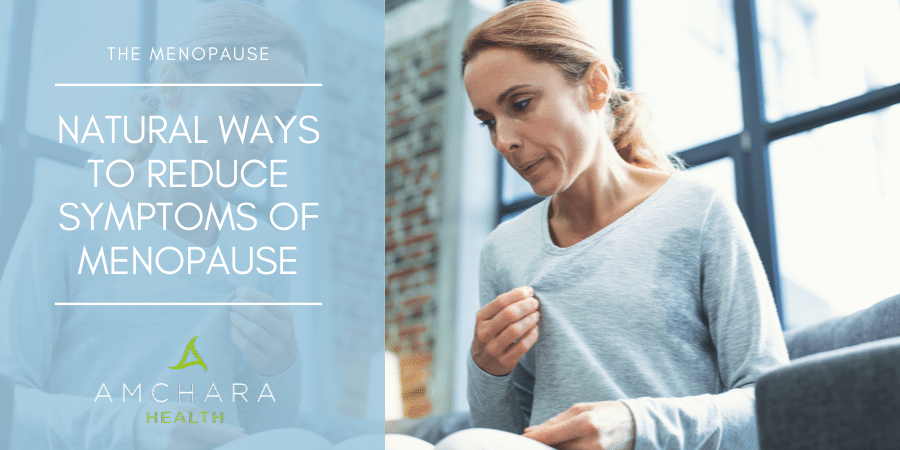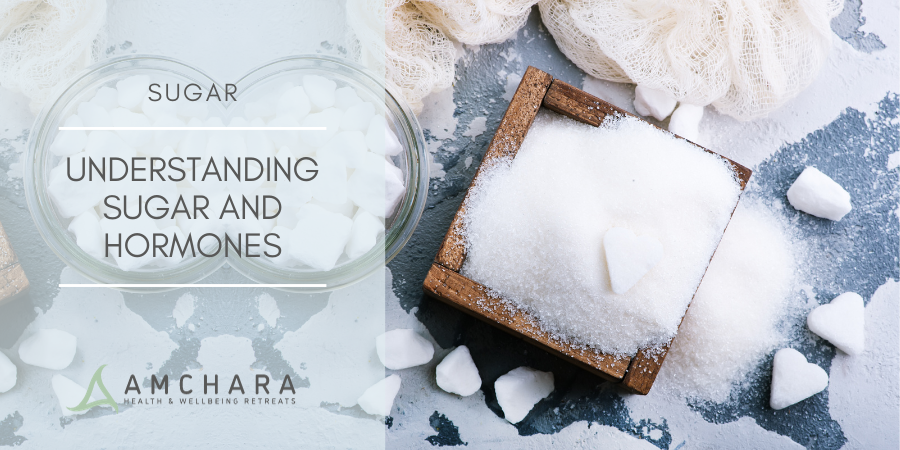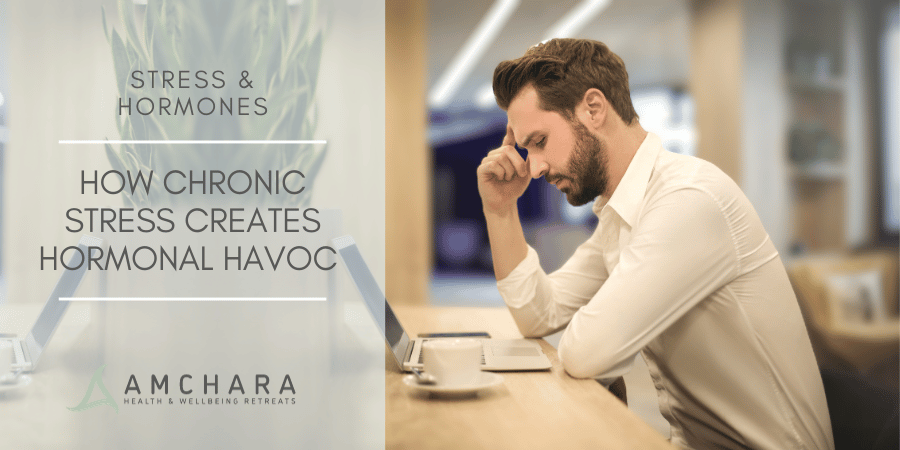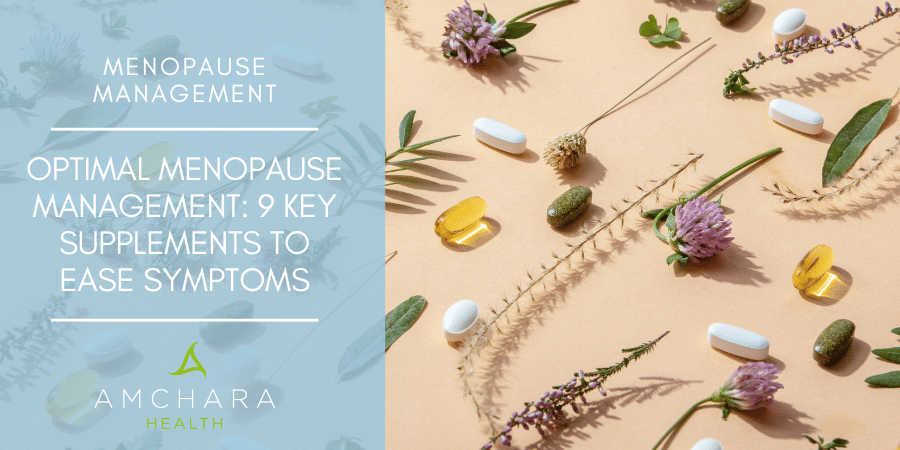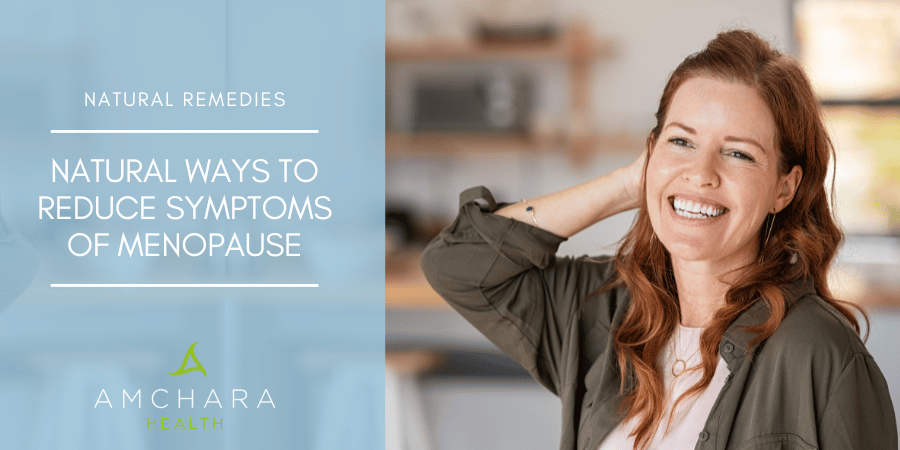When and why does the menopause happen?
The menopause is defined as the cessation of menstruation due to the loss of ovarian function.
It generally happens between the ages of 45 and 55, however for some women it can happen as early as in their mid-thirties.
The perimenopause is the lead up to the menopause and can start anytime from 1 to 10 years before – this is often when symptoms begin.
Changes in the menstrual cycle occur during the perimenopause as a result of alterations in the levels of the key sex hormones, particularly oestrogen.
These changes have a direct effect on the body, especially tissues where there are an abundance of hormone receptors such as breast tissue, skin, fat, bone, bowel, brain, liver, cardiovascular, uterus, urinary tract and vaginal tissue.
Are your hormones out of balance? Book you free hormone health consultation today
Commonly experienced menopause symptoms
If you’re not yet there, or are beginning to notice unusual changes in your body that are causing you concern, these are some of the symptoms you might experience leading up to the menopause:
-
Hot flushes
-
Aching joints
-
Depression
-
Unhappiness
-
Frequent crying
-
Irritability
-
Night sweats
-
Panic attacks
-
Fatigue
-
No energy
-
Insomnia
-
Headaches
-
Palpitations
Less talked about symptoms
-
Vaginal dryness
-
Loss of libido
Changes in both androgen and oestrogen hormone levels can affect the mucus membranes of the vagina and vulva, lessening the amount of lubrication in these areas.
This can lead to soreness, dryness, pain, discomfort, burning and itchiness.
Vaginal atrophy (thinning of the skin) can make intercourse particularly painful and can lead to bleeding, often exacerbated by a lack of sex drive.
Cystitis is also a common occurrence. In all these cases it is important to consult your GP.
Some women sail through this transitional period in life, experiencing very few symptoms, but for others it can be a challenging time.
However, whilst we cannot completely control our hormones, it is possible to alleviate and in some cases avoid difficult symptoms.
Here are our 3 top tips
-
Make time for exercise
Stress can magnify many of the symptoms of menopause – exercise is helpful to dissipate negative effects of stress and anxiety.
Research has clearly demonstrated that exercise has an antidepressant and anti-anxiety effect, by triggering mechanisms that increase serotonin function in the brain.
Studies have also shown that exercise combined with omega-3 essential fatty acids (EFAs) might help to increase bone mineral density in post-menopausal women, reducing the risk of osteoporosis.
-
Balance blood sugar
A diet high in simple sugars and refined carbohydrates can wreak havoc with blood sugar levels, with a knock on effect on hormone balance in the body, leading to many of the common symptoms experienced during menopause.
Stimulants such as coffee, alcohol and spicy foods can also trigger hot flushes, anxiety attacks and poor sleep, so should be minimised.
3. Eat hormone balancing foods and herbs
Erratic fluctuations in hormone levels may cause disturbances in the temperature control area of the brain, leading to hot flushes and night sweats.
A diet rich in fruits, vegetables, wholegrains, beans, lentils, seeds, nuts and *soya may help to reduce symptoms.
a) Oily fish and walnuts – rich in omega-3 EFAs which are important for hormone synthesis as well as increasing the flexibility of all cell membranes thus influencing nerve signalling in the brain. Research has found a link between low levels of EFAs and depression.
b) St Johns Wort – studies have shown that St Johns Wort can help with the low mood typically associated with the menopause and also helps to reduce hot flushes. It should not be taken alongside antidepressant medications.
c) Sage – thought to have a beneficial effect on night sweats. Try chopping 6 fresh sage leaves and soaking overnight in lemon juice. In the morning strain and drink the juice. 7-10 days of this mixture may help to control flushing and sweating and should also improve digestion and concentration. Do not continue this for more than 2 weeks without a break.
d) Flaxseeds – peanuts & lentils contain chemical compounds called lignans; these are acted on by the bacteria in your gut and converted to oestrogen-like compounds (phytoestrogens). Flaxseeds are the richest sources of lignans.
e) Agnus Castus – may help to maintain healthy female hormone balance and has been traditionally used for mood swings, menstrual cramps, irregular periods, low energy and altered sex drive.
f) Black Cohosh – a herb routinely used to help with menopausal symptoms and has been studied extensively. It has been found to reduce hot flushes and improve vaginal dryness
g) Sea Buckthorn – contains omega-7 EFAs which have been shown to protect, hydrate and improve skin quality. For this reason Sea Buckthorn oil may be especially beneficial for soothing and lubricating dry delicate vaginal areas.
h) Shatavari – particularly beneficial for dry and inflamed tissues and often used for the treatment of vaginal dryness in the menopause.
i) Panax ginseng – results from a study found that this herb significantly improved sexual arousal in menopausal women over an 8 week period. Both Panax ginseng and Siberian ginseng are adrenal tonics which may influence energy levels during the perimenopause.
j) Soya – research suggests women who eat a high soya diet have fewer hot flushes, less headaches and reduced bone loss.
Soya contains natural plant oestrogens called isoflavones, which come in two forms, active and non-active. A rich source of active soya oestrogens can be found in fermented soya foods such as miso, tempeh and natto.
It should be noted that soya does contain phytates that block the absorption of essential minerals such as calcium, magnesium iron and zinc – however, the phytates are reduced considerably during fermentation.
To gain the maximum benefits from soya avoid unfermented GMO products such as tofu, soy beans, soy flour, soy milk, soy bean oil and soy bean isolates (found in many processed foods).
* Despite the above mentioned benefits, concerns have been expressed that soy may be contraindicated for some subsets of the population. Some researchers are concerned that high phytoestrogen intake puts breast cancer survivors at risk for reoccurrence. A review of available research shows that soy intake consistent with a traditional Japanese diet does not increase the risk of breast cancer recurrence. However while there is no definitive evidence of harm, greater evidence confirming safety is necessary before high doses of isoflavones could be recommended for those with oestrogen receptive cancers or for women pregnant or trying to conceive.
Listen to some expert tips on the menopause from Ashley Biscoe, ND, MPH (Naturopathic Doctor | Attune Functional Medicine)
Please note: nutritional advice given is appropriate to the general public and may not suit individual dietary restrictions.
Where possible Amchara recommends a healthy approach to eating which excludes dairy, sugar and gluten containing produce, but this may not suit all people.
Organic foods free from dairy, gluten and sugar are available in local health food stores and some supermarkets, giving you the option to adjust menus and still enjoy your favourite foods.
It is important to maintain balance and variety in any diet and above all enjoy guilt free eating that promotes optimal well-being.
Related Menopause Stories:
- 3 of the worst menopause symptoms
References
-
Abdali K, Khajehei M & Tabatabaee HR. Effect of St John’s Wort on severity, frequency and duration of hot flashes in premenopausal, perimenopausal and postmenopausal women: a randomized, double-blind, placebo-controlled study. Menopause 2010; 17: 326-321.
-
Fritz H, Seely D, Flower G, Skidmore B, Fernandes R, Vadeboncoeur S, et al. (2013) Soy, Red Clover, and Isoflavones and Breast Cancer: A Systematic Review. PLoS ONE 8(11): e81968.
-
Haggans, C.J., et al. Effects of flaxseed consumption on urinary oestrogen metabolites in postmenopausal women “Nutr Cancer (1999) Vol 33 pp 188-194.
-
International Menopause Society. Menopause Terminology. [Accessed 6.17.]
-
Jefferson W & Patisaul HB. The pros and cons of phytoestrogens. 2010, 31; 4: 400-419.
-
OhKJ,ChaeMJ,LeeHSetal EffectsofKorean women:placebo-controlled,double-blind crossoverclinicalstudy 2010;7(4Pt1): 1469-1477
-
Taku K et al. Extracted or synthesized soybean isoflavones reduce menopausal hot flash frequency and severity: systematic review and meta-analysis of randomized controlled trials. Menopause
-
Tartibian B et al. Long-term aerobic exercise and omega-3-supplementation modulate osteoporosis through inflammatory mechanisms in post-menopausal women: a randomized, repeated measures study. Nutr Metab. (Lond). 2011, 8; 1: 71.
-
Young SN. How to increase serotonin in the human brain without drugs.Journal of Psychiatry & Neuroscience : JPN. 2007;32(6):394-399.
